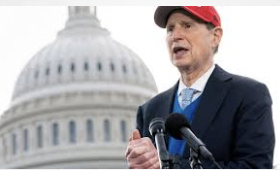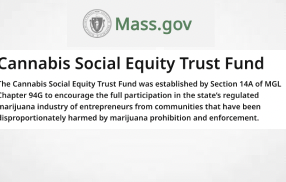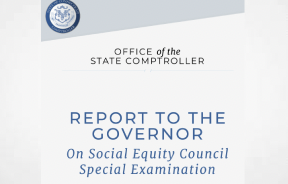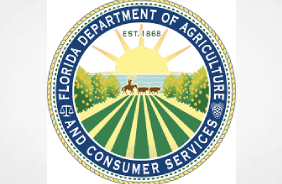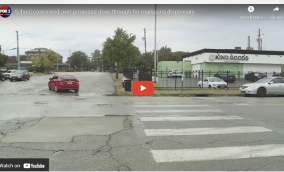September 23, 2024
At a Glance
- The rescheduling would allow cannabis-related businesses to take business tax deductions, provide greater access to bankruptcy courts, and create more certainty with respect to how federal courts enforce agreements covering cannabis growing and distribution.
- However, even if cannabis is rescheduled, significant barriers for real estate lenders would still remain, including, without limitation, banking access for these businesses and the transferability of the marijuana cultivation license. Additional legal due diligence would be required in the loan underwriting process to account for these matters on a federal, state, county and even municipal level.
With the news earlier this year that the U.S. Department of Justice (DOJ) is moving to reclassify cannabis under the Controlled Substances Act from a highly restricted Schedule I substance to a less restricted Schedule III substance, we thought it would be a good time to review what effect such a reclassification could have on real estate lending.1
Presently, multiple federal banking regulations make lending to or holding accounts for cannabis-related businesses legally murky.2 For instance under the Bank Secrecy Act (BSA), financial institutions must file suspicious activity reports (SARs) with the U.S. Department of the Treasury’s Financial Crimes Enforcement Network (FinCEN) for transactions derived from marijuana sales, even if the activity is legal under state law where the sales occur.3
As a result, most commercial lenders see the uncertain and complex practices needed to monitor cannabis-related business performance and to manage the cash created thereby as problems without acceptable solutions, leading many to refuse to take on the risk of accepting cannabis-related assets as collateral.4
In addition to the aforementioned federal regulations, there also remain local and state law issues that make lenders wary of accepting cannabis-related business or real estate as collateral. For instance, some local laws only permit transfers of cannabis cultivation licenses to existing holders of cultivation licenses and/or require advance governmental consent before the completion of such transfers. Accordingly, collateral transfers of cannabis cultivation licenses may be prohibited or limited by such state or local laws, making the foreclosure or deed in lieu of foreclosure process complicated and potentially unhelpful to lenders, receivers or purchasers at a foreclosure sale.
While the DOJ’s proposed rescheduling of cannabis from Schedule I to Schedule III will not solve all of the issues referenced above, the rescheduling would allow cannabis-related businesses to take business tax deductions, provide greater access to bankruptcy courts, and create more certainty with respect to how federal courts enforce agreements covering cannabis growing and distribution. However, even if cannabis is rescheduled, significant barriers for lenders would still remain, including, without limitation, banking access for the businesses and the transferability of the marijuana cultivation license. Additional legal due diligence would be required in the loan underwriting process to account for these matters on a federal, state, county and even municipal level.
As such, the rescheduling of cannabis is a step closer, but far from the only step needed, to make loans secured by cannabis-growing real estate more feasible.
Legal clerk Christopher J. Adan contributed to this update.
- There is a hearing on the proposed rule scheduled for December 2, 2024.
- Financial regulations covering this area include Financial Crimes Enforcement Network (FinCEN) guidance, the Bank Secrecy Act and the SAFER Banking Act.
- The BSA provides for penalties to bank personnel who willfully fail to file SARs, including potentially hefty fines.
- New laws at the federal level reversing existing statutes and regulations would be required. One such bill, the States Reform Act of 2023 (H.R. 6028), would address federal-level barriers and, as of January 18, 2024, is currently with the House Subcommittee on Nutrition, Foreign Agriculture, and Horticulture for consideration.




